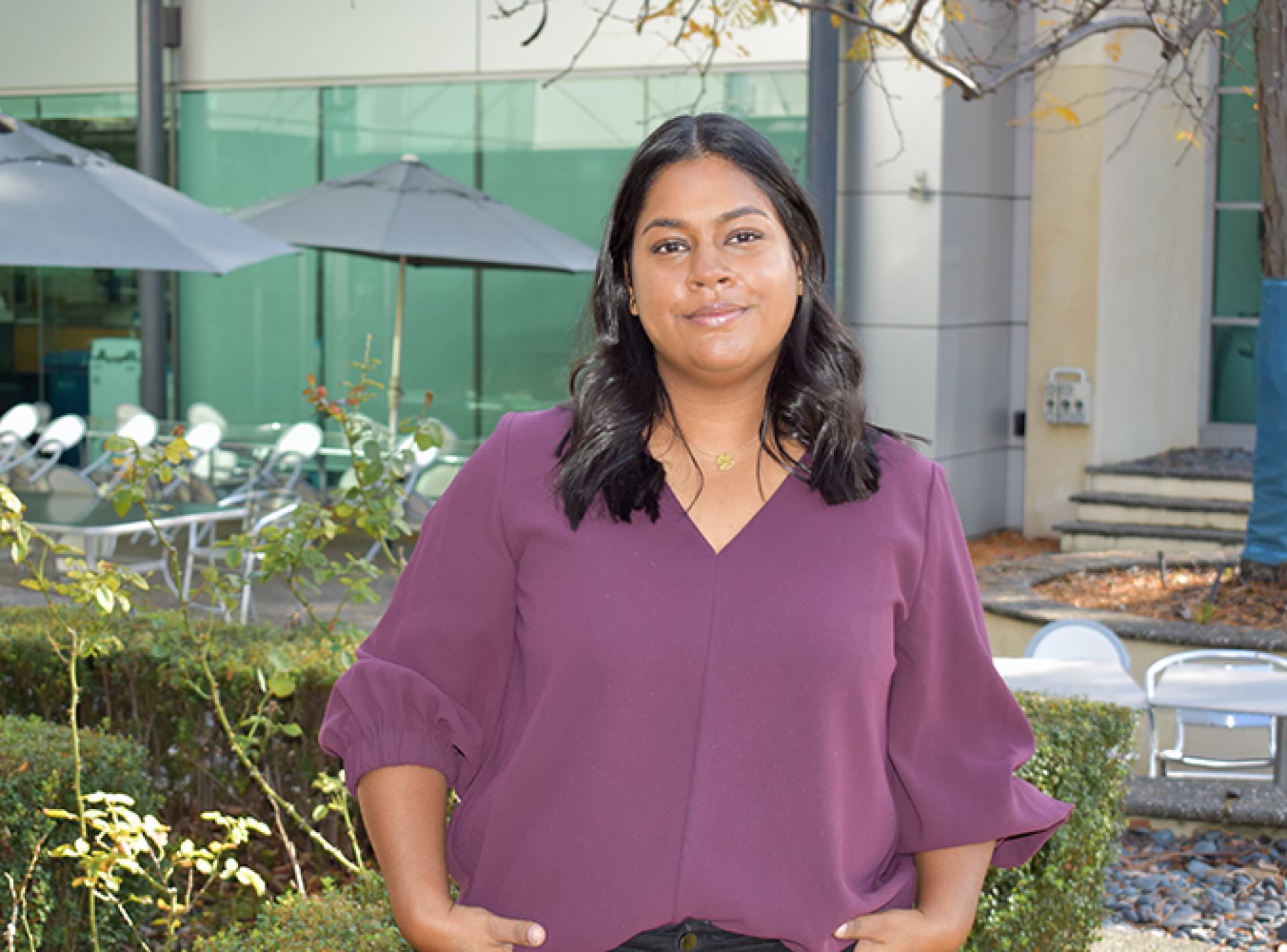 A world-first digital mental health platform for autistic children experiencing anxiety is set to be developed and trialled in WA, thanks to support from the state government’s Future Health Research and Innovation Fund.
A world-first digital mental health platform for autistic children experiencing anxiety is set to be developed and trialled in WA, thanks to support from the state government’s Future Health Research and Innovation Fund.
Telethon Kids Institute and UWA autism researcher, Dr Gail Alvares, has been awarded a FHRIF Translation Fellowship to lead the innovative mental health project, which will aim to transform early anxiety intervention for children diagnosed with autism and their families.
More than 40 percent of children diagnosed with autism experience debilitating anxiety but often these families struggle to get the support they need due to a lack of accessible autism-informed service providers and affordability.
Dr Alvares said the digital tool, co-developed in partnership with the autistic community, would allow caregivers to develop strategies to reduce their child’s anxiety that could be as effective as in-person care.
“Digital technology represents a unique solution to barriers accessing healthcare, due to accessibility, cost-efficacy, and its large presence in everyday lives,” Dr Alvares said.
“A digital health intervention offers the potential opportunity for these children and families to engage with evidence-based mental health supports that could reduce or even prevent long-term disability when delivered early.”
The intervention will be based on a program called Coping with Uncertainty in Everyday Situations, or CUES, developed by Dr Alvares’ collaborator at the UK’s University of Newcastle, Professor Jacqui Rodgers.
Dr Alvares said that during her work with children on the spectrum, through different research projects, it became very apparent that mental health was one of the biggest sources of concern for many families, particularly in the early years.
“Autistic people and their families repeatedly rank research into ‘reducing anxiety and improving mental health outcomes’ as the most urgent priority, and this project directly addresses the community-informed need,” Dr Alvares said.
“If we think about children who have higher sensory sensitivities, the experience of the world can be very unpredictable, uncertain, and really challenging – and that can cause fears or worries around the types of sensory experiences they will encounter, which is a very real issue for many children.”
“And of course, as children get older, they will experience differences in their social environment and the way that individuals might treat them, or the way they might be treated, may result in anxiety concerns.”
Research shows that anxiety in childhood significantly impacts wellbeing, quality of life, may limit participation in education and employment opportunities, and can be associated with depression.
“If we can support families to develop strategies to help support their children when they are expressing, or showing in their behaviour, that they’re worried, or anxious, or fearful, then we can set up those families to help support those children in the long term,” Dr Alvares said.
“This intervention will directly address anxiety concerns during a critical period of development, alleviate demand on in-person mental healthcare professionals, and diffuse burden on the WA health system.”

